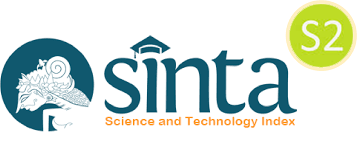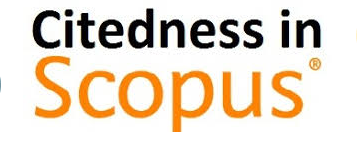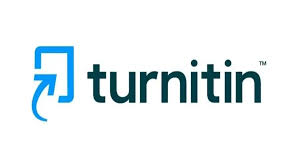Plagiarism screening will be conducted by Indonesian Comparative Law Review (ICLR) Editorial Board using Turnitin app..
- Plagiarism and self-plagiarism are not allowed;
- The authors should ensure that they have written entirely original works, and if the authors have used the work and/or words of others that this has been appropriately cited or quoted;
- An author should not in general publish manuscripts describing essentially the same research in more than one journal or primary publication. Submitting the same manuscript to more than one journal concurrently constitutes unethical publishing behavior and is unacceptable;
- Proper acknowledgment of the work of others must always be given. Authors should cite publications that have been influential in determining the nature of the reported work.
Working Process:
- Editorial Team checking manuscript on offline and online database manually (checking proper citation and quotation);
- Editorial Team checking manuscript by using Turnitin app. If it is found plagiarism indication (more than 25%), the board will reject the manuscript immediately.



